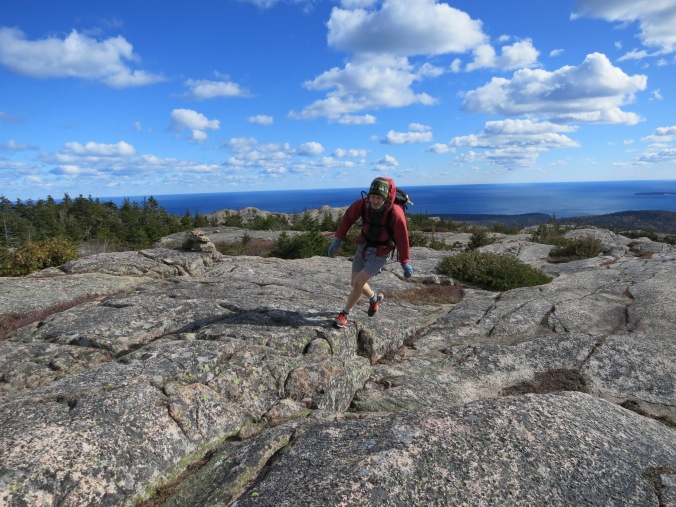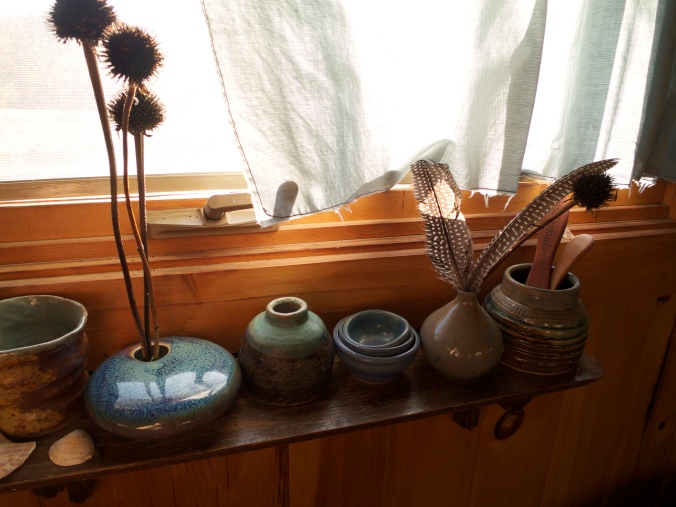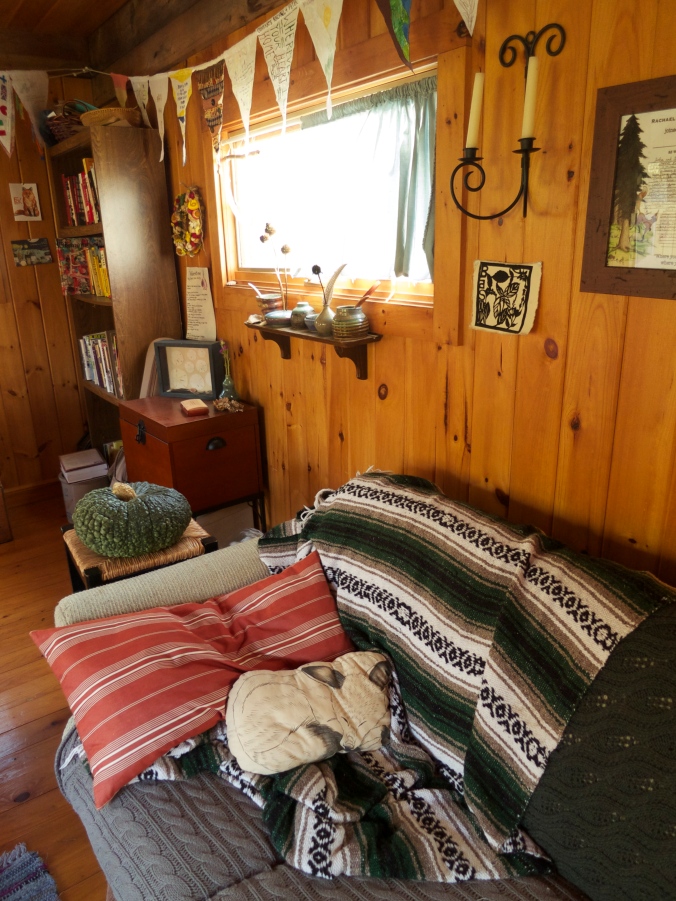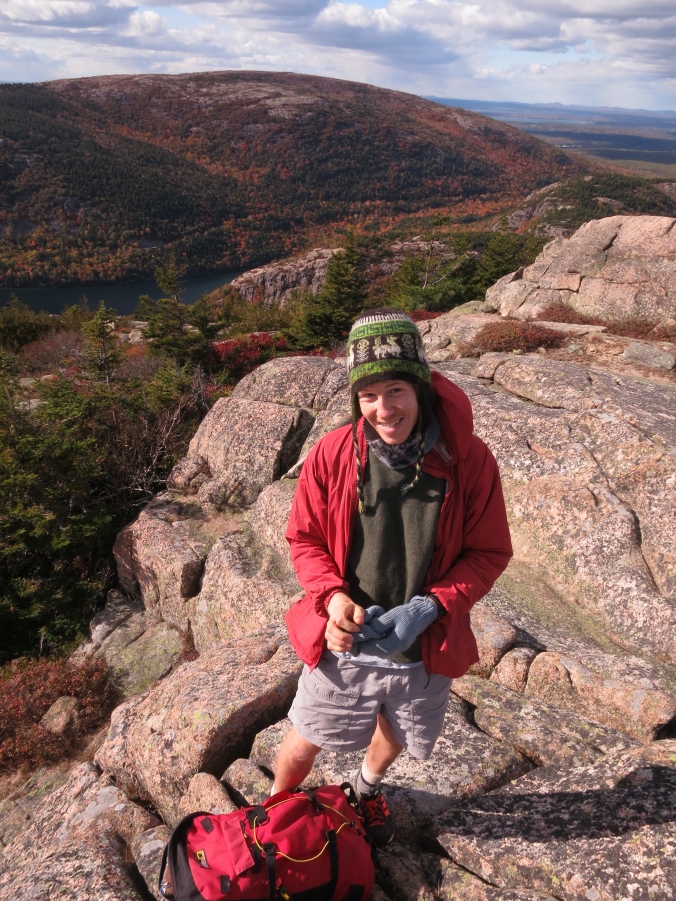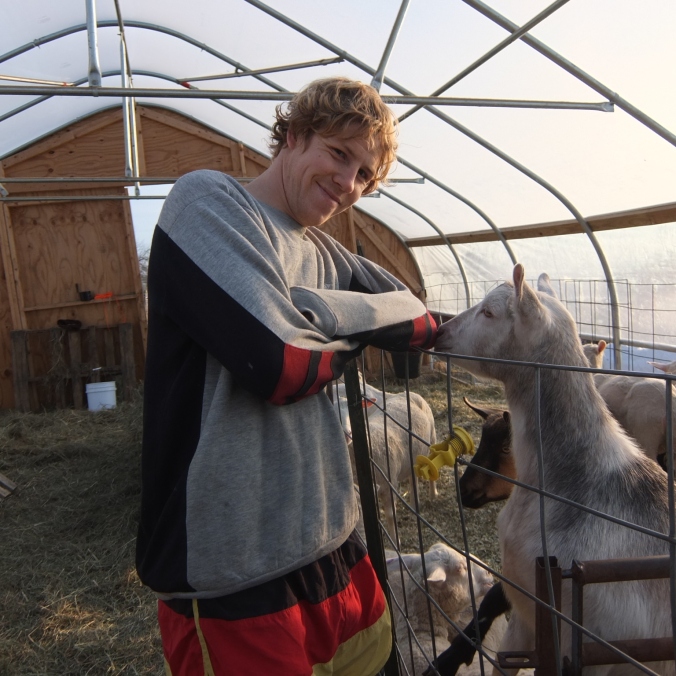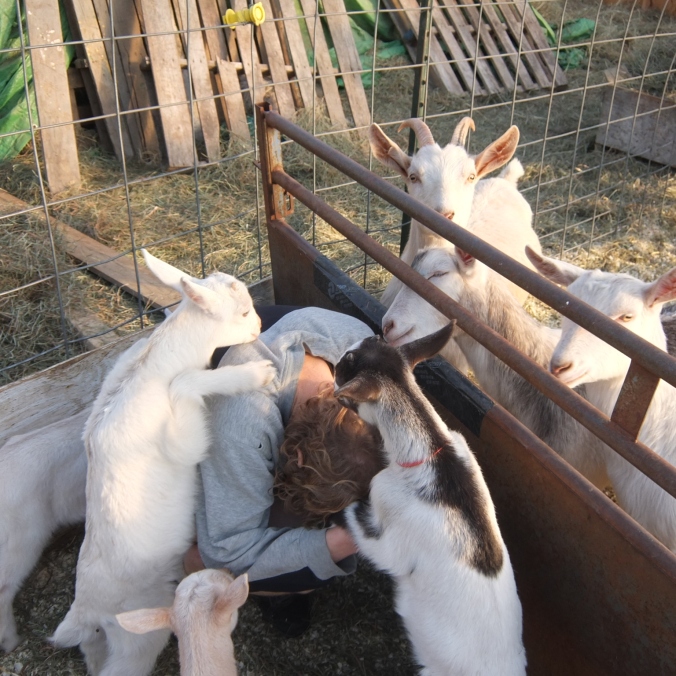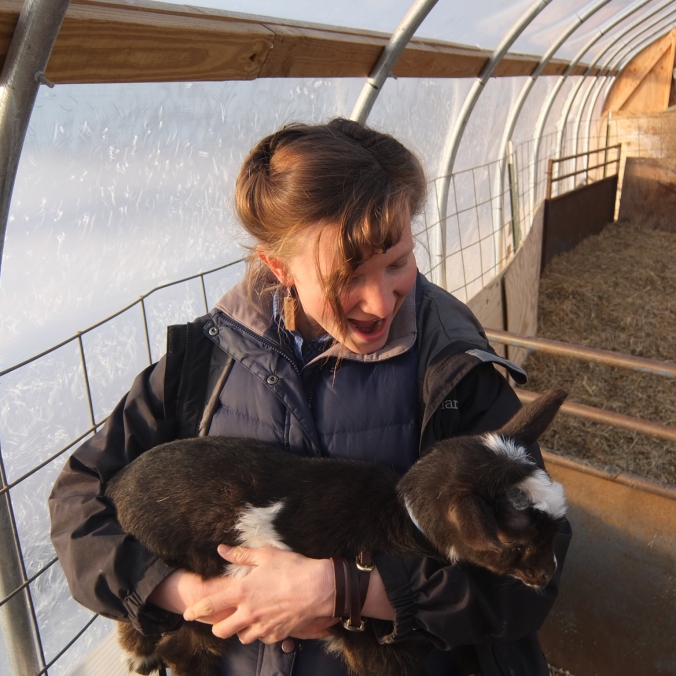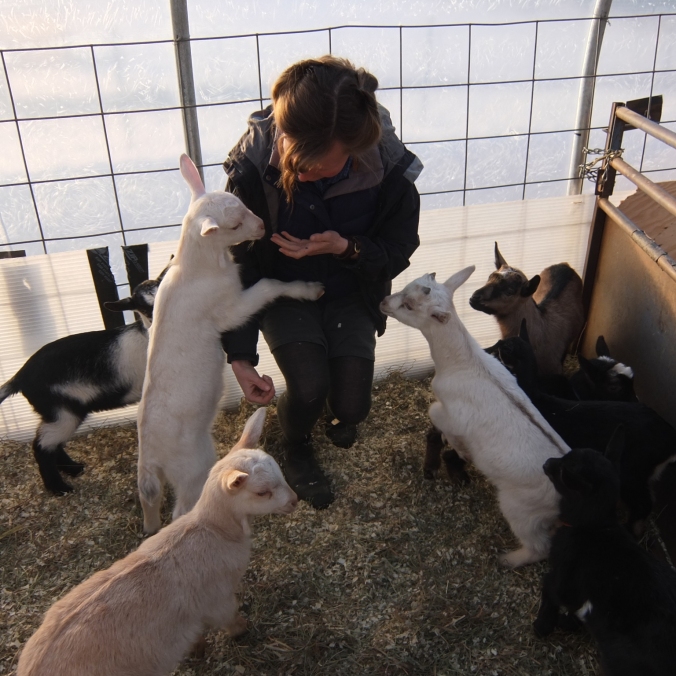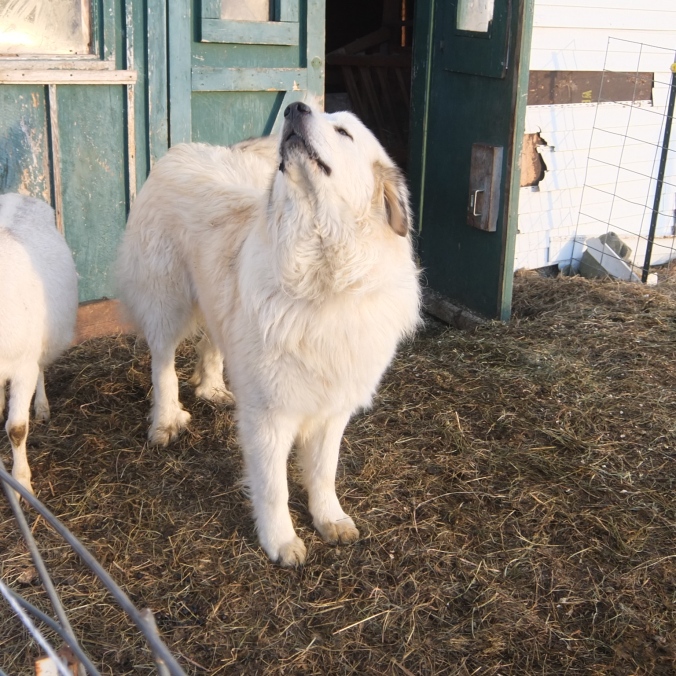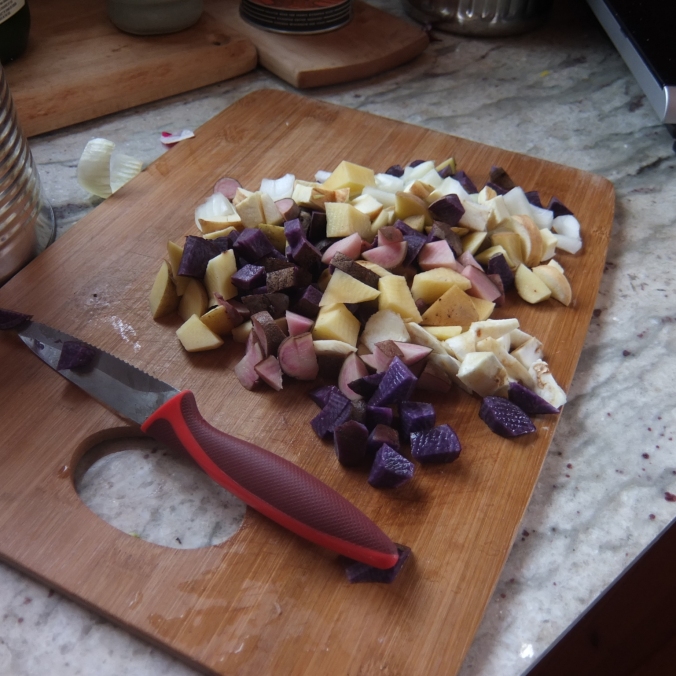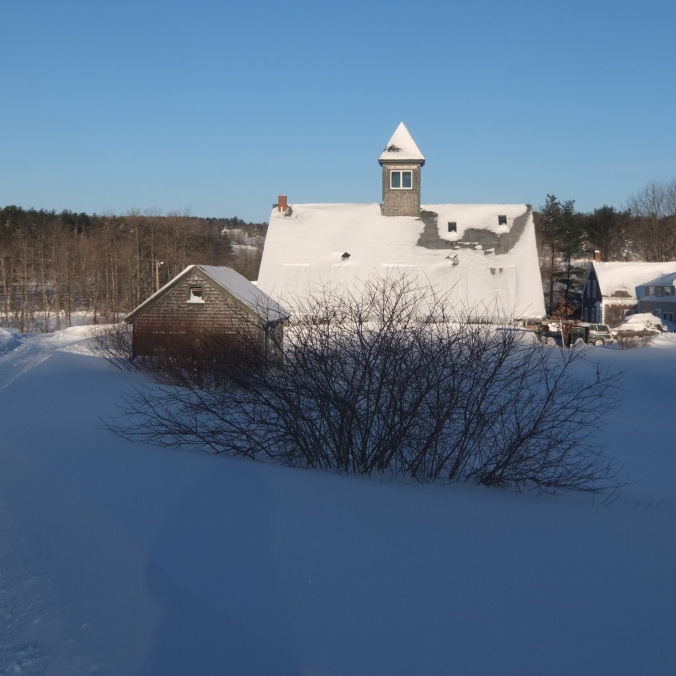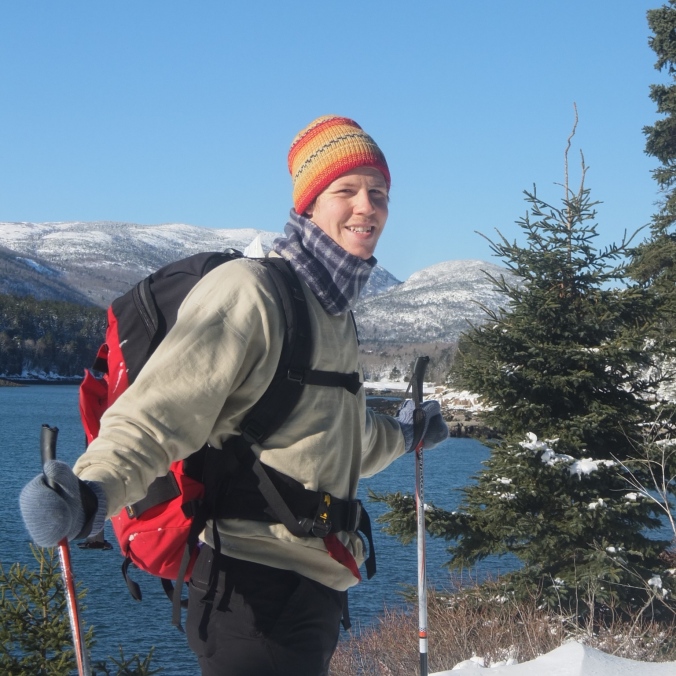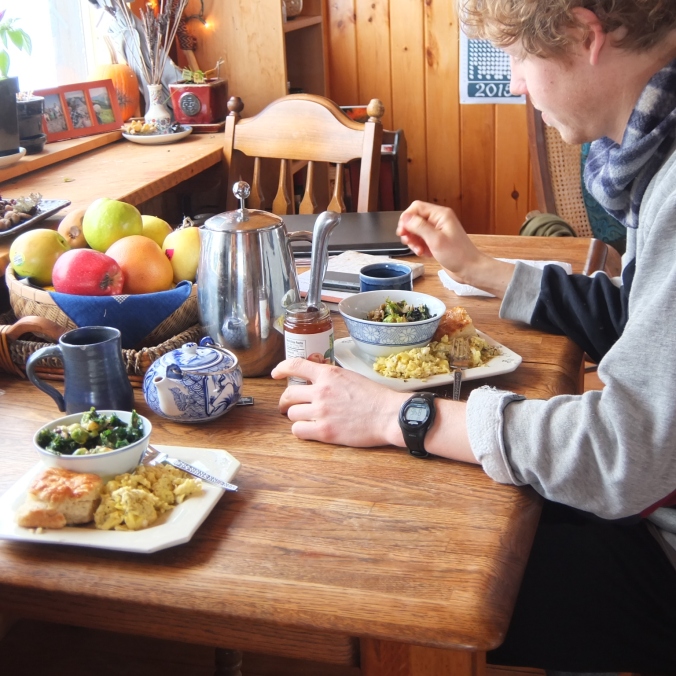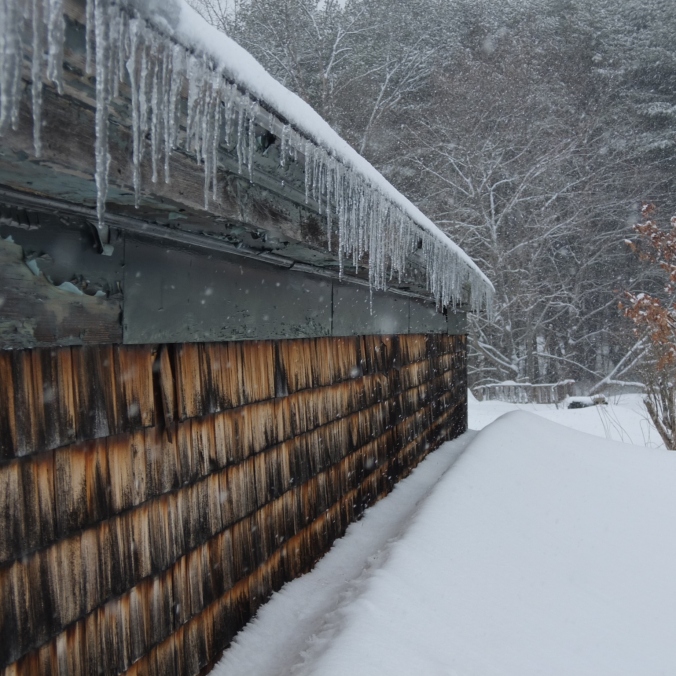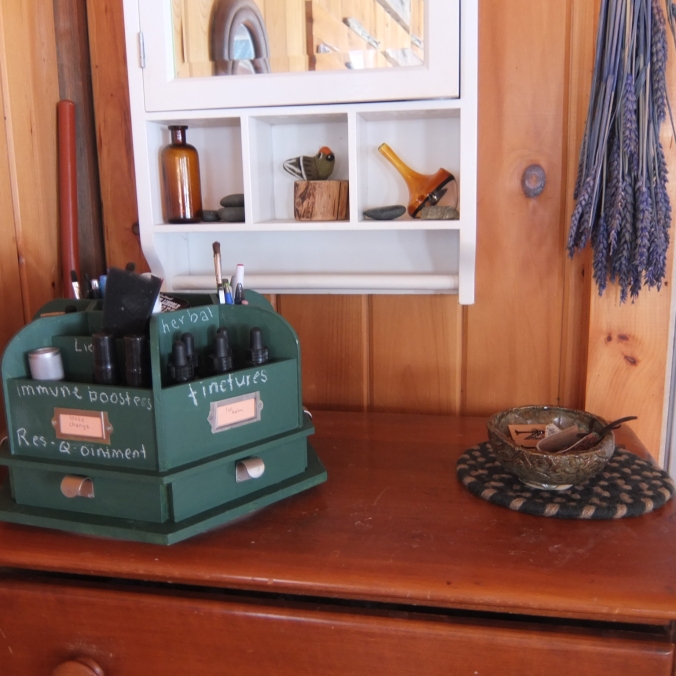I love poems whose lines I want to catch and cling to and use again. I love poems that surprise me, poems that catch me off guard, poems that make me laugh or gasp or cry. I love poems that make me want to read them aloud to whoever is near me, poems I want to send to the people I love, poems that teach me something about what it means to love, poems that teach me something about myself. I love these poems–these non-cheesy love poems that catch my heart with their humor and their heartbreak. I hope you love them too…
Note: I don’t own the rights to any of these poems–but if you love them, you should buy the wonderful books or the wonderful magazines that they are published in…because poets and publishers need a little love too..
A love poem about the strange things we love about each other, and the strange ways we show it.
MOUNTAIN DEW COMMERCIAL DISGUISED AS A LOVE POEM
by Matthew Olzmann
Here’s what I’ve got, the reasons why our marriage
might work: Because you wear pink but write poems
about bullets and gravestones. Because you yell
at your keys when you lose them, and laugh,
loudly, at your own jokes. Because you can hold a pistol,
gut a pig. Because you memorize songs, even commercials
from thirty years back and sing them when vacuuming.
You have soft hands. Because when we moved, the contents
of what you packed were written inside the boxes.
Because you think swans are overrated.
Because you drove me to the train station. You drove me
to Minneapolis. You drove me to Providence.
Because you underline everything you read, and circle
the things you think are important, and put stars next
to the things you think I should think are important,
and write notes in the margins about all the people
you’re mad at and my name almost never appears there.
Because you make that pork recipe you found
in the Frida Kahlo Cookbook. Because when you read
that essay about Rilke, you underlined the whole thing
except the part where Rilke says love means to deny the self
and to be consumed in flames. Because when the lights
are off, the curtains drawn, and an additional sheet is nailed
over the windows, you still believe someone outside
can see you. And one day five summers ago,
when you couldn’t put gas in your car, when your fridge
was so empty—not even leftovers or condiments—
there was a single twenty-ounce bottle of Mountain Dew,
which you paid for with your last damn dime
because you once overheard me say that I liked it.
—from Rattle #31, Summer 2009
A love poem for our past selves, and the moments that have past by….
Wherever You Are
by Jeffrey Harrison
When I kissed you in the hall
of the youth hostel we fell
into the linen closet laughing
twenty years ago and I still
remember though not very often
the taste of cheap wine in your mouth
like raspberries the freckle
between your breasts and the next day
when we went to Versailles I hardly
saw anything because I was looking
at you the whole time your face I can’t
quite remember then I kissed you
good-bye and you got on a train
and I never saw you again just
one day and one letter long gone
explaining never mind but sometimes
I wonder where you are probably
married with children like me happy
with a new last name a whole life
having nothing to do with that day
but everybody has something like it
a small thing they can’t help
going back to and it’s not even about
choices and where your life might
have gone but just that it’s there
far enough away so it can be seen
as just something that happened almost
to someone else an episode from
a movie we walk out of blinded
back into our lives
A love poem for mothers and kind short-lived spiders…
Wondrous
by Sarah Frelight
I’m driving home from school when the radio talk
turns to E.B. White, his birthday, and I exit
the here and now of the freeway at rush hour,
travel back into the past, where my mother is reading
to my sister and me the part about Charlotte laying her eggs
and dying, and though this is the fifth time Charlotte
has died, my mother is crying again, and we’re laughing
at her because we know nothing of loss and its sad math,
how every subtraction is exponential, how each grief
multiplies the one preceding it, how the author tried
seventeen times to record the words, She died alone
without crying, seventeen takes and a short walk during
which he called himself ridiculous, a grown man crying
for a spider he’d spun out of the silk thread of invention —
wondrous how those words would come back and make
him cry, and, yes, wondrous to hear my mother’s voice
ten years after the day she died — the catch, the rasp,
the gathering up before she could say to us, I’m ok.
A love poem for women, from a woman, who knows how hard love can be…
The Type
by Sarah Kay
Everyone needs a place. It shouldn’t be inside of someone else. -Richard Siken
If you grow up the type of woman men want to look at,
you can let them look at you. But do not mistake eyes for hands.
Or windows.
Or mirrors.
Let them see what a woman looks like.
They may not have ever seen one before.
If you grow up the type of woman men want to touch,
you can let them touch you.
Sometimes it is not you they are reaching for.
Sometimes it is a bottle. A door. A sandwich. A Pulitzer. Another woman.
But their hands found you first. Do not mistake yourself for a guardian.
Or a muse. Or a promise. Or a victim. Or a snack.
You are a woman. Skin and bones. Veins and nerves. Hair and sweat.
You are not made of metaphors. Not apologies. Not excuses.
If you grow up the type of woman men want to hold,
you can let them hold you.
All day they practice keeping their bodies upright–
even after all this evolving, it still feels unnatural, still strains the muscles,
holds firm the arms and spine. Only some men will want to learn
what it feels like to curl themselves into a question mark around you,
admit they do not have the answers
they thought they would have by now;
some men will want to hold you like The Answer.
You are not The Answer.
You are not the problem. You are not the poem
or the punchline or the riddle or the joke.
Woman. If you grow up the type men want to love,
You can let them love you.
Being loved is not the same thing as loving.
When you fall in love, it is discovering the ocean
after years of puddle jumping. It is realizing you have hands.
It is reaching for the tightrope when the crowds have all gone home.
Do not spend time wondering if you are the type of woman
men will hurt. If he leaves you with a car alarm heart, you learn to sing along.
It is hard to stop loving the ocean. Even after it has left you gasping, salty.
Forgive yourself for the decisions you have made, the ones you still call
mistakes when you tuck them in at night. And know this:
Know you are the type of woman who is searching for a place to call yours.
Let the statues crumble.
You have always been the place.
You are a woman who can build it yourself.
You were born to build.
Another love poem by Sarah Kay, this time to a future daughter, from a future mother whose courage is matched only by her vulnerability…
A love poem on the responsibility and the rewards of loving…
How Falling in Love is like Owning a Dog
by Taylor Mali
First of all, it’s a big responsibility,
especially in a city like New York.
So think long and hard before deciding on love.
On the other hand, love gives you a sense of security:
when you’re walking down the street late at night
and you have a leash on love
ain’t no one going to mess with you.
Because crooks and muggers think love is unpredictable.
Who knows what love could do in its own defense?
On cold winter nights, love is warm.
It lies between you and lives and breathes
and makes funny noises.
Love wakes you up all hours of the night with its needs.
It needs to be fed so it will grow and stay healthy.
Love doesn’t like being left alone for long.
But come home and love is always happy to see you.
It may break a few things accidentally in its passion for life,
but you can never be mad at love for long.
Is love good all the time? No! No!
Love can be bad. Bad, love, bad! Very bad love.
Love makes messes.
Love leaves you little surprises here and there.
Love needs lots of cleaning up after.
Somethimes you just want to get love fixed.
Sometimes you want to roll up a piece of newspaper
and swat love on the nose,
not so much to cause pain,
just to let love know Don’t you ever do that again!
Sometimes love just wants to go out for a nice long walk.
Because love loves exercise. It will run you around the block
and leave you panting, breathless. Pull you in different directions
at once, or wind itself around and around you
until you’re all wound up and you cannot move.
But love makes you meet people wherever you go.
People who have nothing in common but love
stop and talk to each other on the street.
Throw things away and love will bring them back,
again, and again, and again.
But most of all, love needs love, lots of it.
And in return, love loves you and never stops
